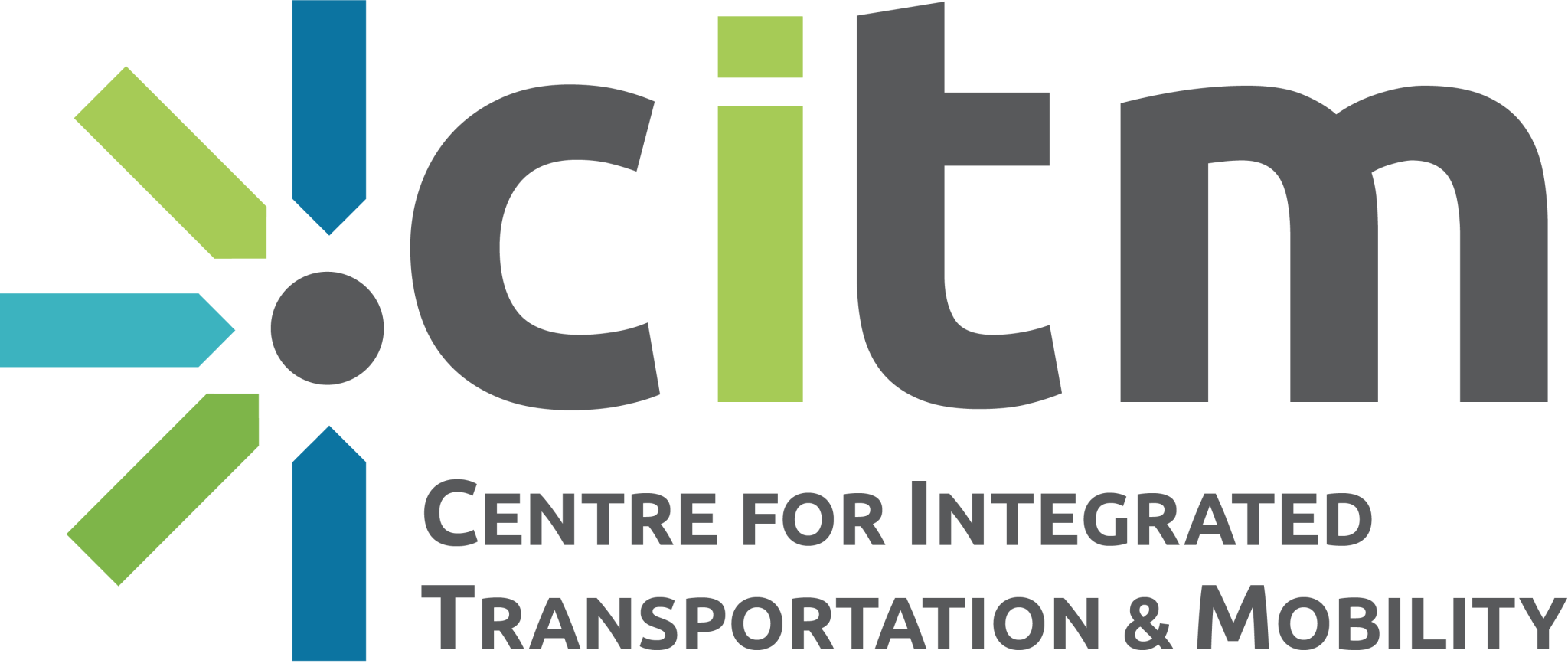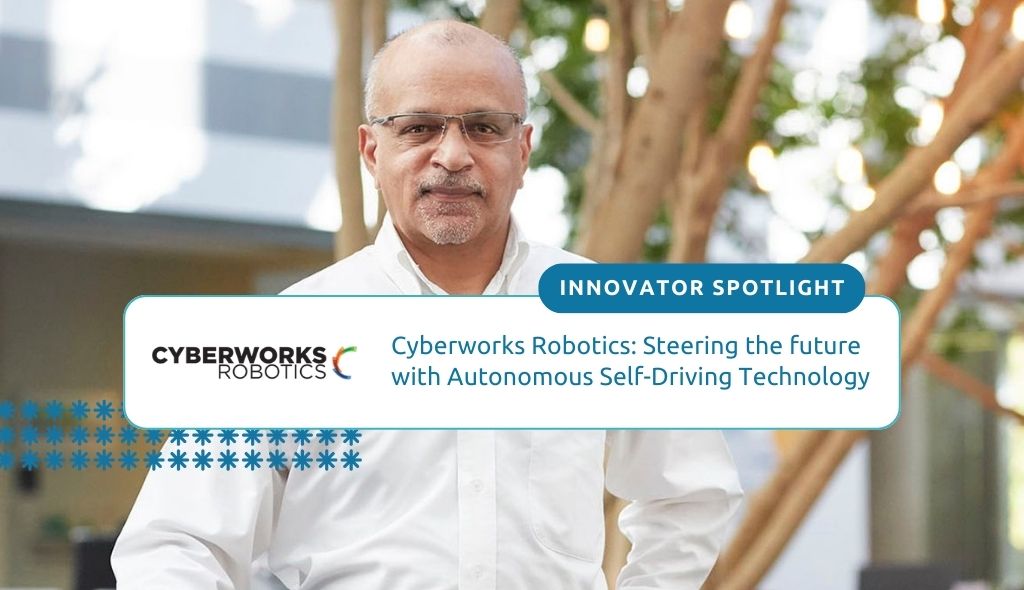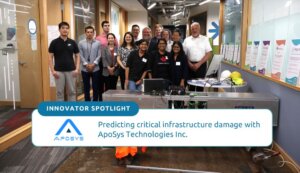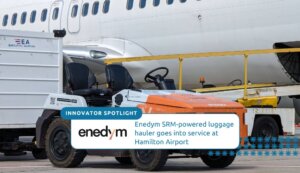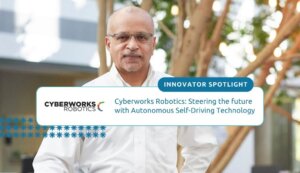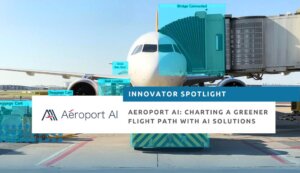Timing can often determine the trajectory of an entrepreneur’s journey, and Vivek Burhanpurkar, the CEO of Cyberworks Robotics and a pioneer in the autonomous self-driving technology sector, can attest to this.
Back in the 1980’s, Burhanpurkar came up with some of the earliest self-driving technology that was published in journals and conferences, and was launched as a successful startup across Europe and Japan. This startup later evolved into Cyberworks Robotics. Over the years he decided to pivot the company to other industries and not enter the market decades sooner. This decision was partly because the very high costs of computing hardware and sensors limited their chances for mass adoption.
But all hope was not lost. Burhanpurkar and his team took the opportunity to focus their efforts on understanding and resolving instances when autonomous tech algorithms fail, known as the ‘edge-case’ scenarios.
“We are currently the only company who have solved the edge-cases that have stopped competitors from mass market adoption. And this matters because in mission-critical applications, a malfunction even once every thousand hours is unacceptable,” shares Burhanpurkar.
Around 2016, as production costs started decreasing, Burhanpurkar knew that it was the right time to re-enter the industry.
Cyberworks Robotics’ autonomous self-driving platform gives self-driving capabilities to any equipment originally operated by humans, from wheelchair porter services to floor-cleaning machinery. This technology helps bridge the gap created by hiring shortages in the industry.
Driving innovation through collaboration
Things were working out for Cyberworks, who had the reputation and a very unique selling proposition. It was a matter of finding the right connections. Burhanpurkar adds, “We were looking for a partnership with an accelerator that was more industry and hardware based and at that point, someone recommended Innovations Factory’s Centre for Integrated Transportation and Mobility (CITM).”
CITM, backed by the Ontario Vehicle Innovation Network (OVIN), is an accelerator program that helps innovators with smart, connected and electrified transportation and infrastructure solutions.
In 2022, Cyberworks started working closely with the advisors at CITM. “Working with CITM has been fantastic. They have been a great resource with a depth of understanding of the industry that is very rare to find in accelerators,” Burhanpurkar notes. “The team at CITM has provided us with invaluable industry resources and knowledge, strategic introductions, technical support, as well as funding and grant advice.”
As a result, Burhanpurkar and team started working on individual projects with key industry players. “We are working on a project with Linamar Corporation, to adapt our autonomous material handling technology in the automotive industry, and also working with McMaster Manufacturing Research Institute to adapt our autonomous floor cleaning technology to various models of industrial ride-on floor cleaning equipment, which can be used in both factories and warehouses,” explains Burhanpurkar.
The Cyberworks team soon started gaining the attention of other industry leaders like Next Generation Manufacturing Canada (NGen). In 2023, in partnership with Linamar, Cyberworks was announced as one of the recipients of NGen’s AI for Manufacturing Challenge, an initiative that provided $50 million in funding to enhance their commercialization of artificial and machine learning innovations across Canada.
Burhanpurkar shares, “Currently we have an IP that is a combination of ‘trade secret,’ as well as a pending U.S. patent. We have also filed for the Global PCT patent which will allow our technology to have IP protection internationally.”
Cyberworks’ Vision for Global Autonomy
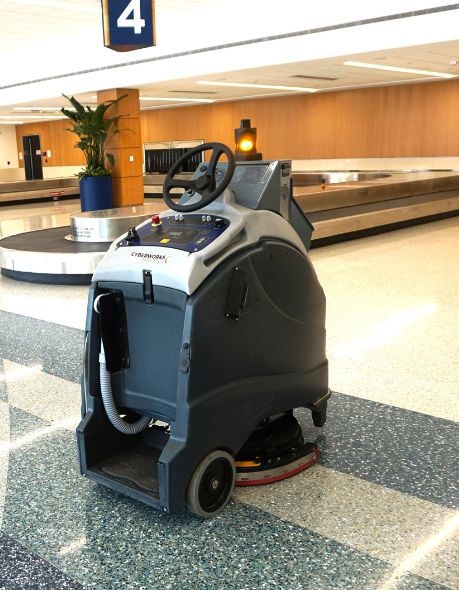
At present, Cyberworks and team have some big projects underway. Burhanpurkar explained they are working on deploying their autonomous cleaning technology with some of Canada’s largest commercial cleaning companies that could have big box retail chains use their technology. This is a massive opportunity for Cyberworks because not only is cleaning a large market in Canada, it also opens doors to thousands of retail chains in the United States and rest of the world.
Cyberworks Robotics has also been conducting pilot programs with large commercial partners at airports in the United States. Burhanpurkar elaborates, “A few months ago, we piloted our autonomous technology at a major airport, which had already purchased one of our competitors’ autonomous floor cleaners. We outperformed our competitors on every single performance metric. We are now launching a new trial at the same airport, deploying our autonomous wheelchairs in collaboration with one of the world’s largest wheelchair portering companies.”
Looking ahead, Burhanpurkar explained that the goal is for Cyberworks to work with all of the world’s major manufacturers of industrial equipment. He aspires to be “the ‘Microsoft’ of operating systems for autonomous mobility of industrial equipment.”
